YOU ARE BOUVÉ
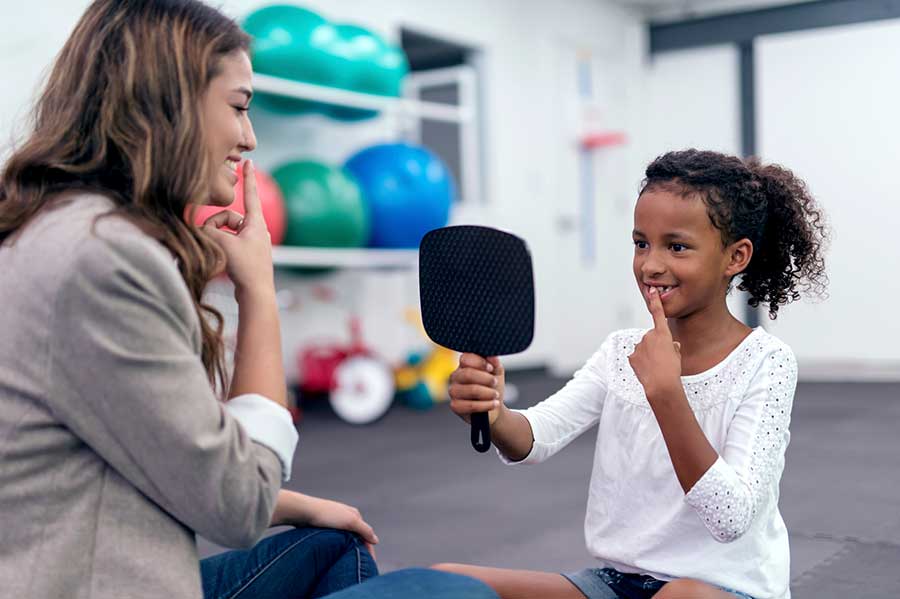
Our Speech-Language Pathology and Audiology program leverages recent scientific advances in understanding human communication and communication disorders, technical innovations, and modern advances in the field. Makerspaces, labs, and applied workshops prepare students to work in educational settings, medical and rehabilitation centers, and private practice clinics.
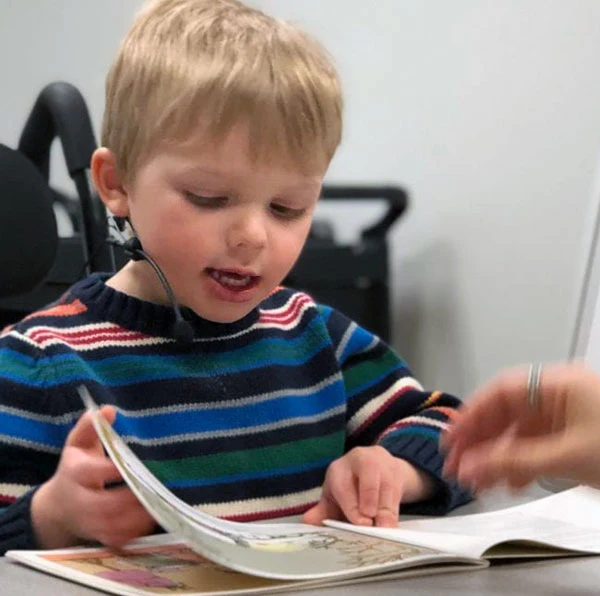
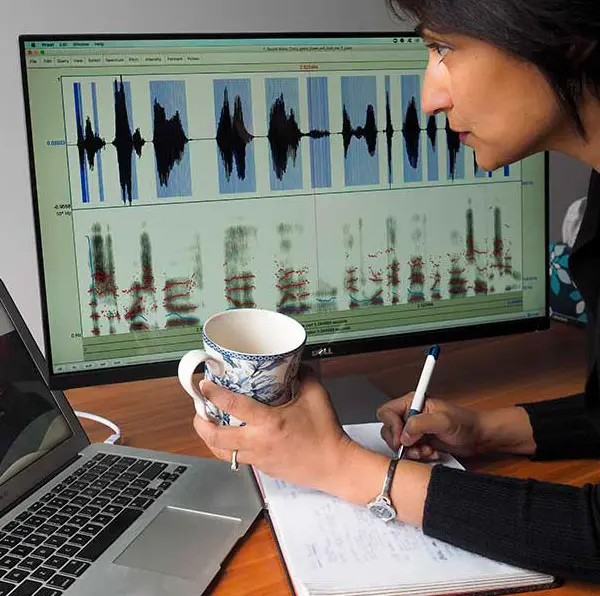
Speech-Language Pathologists treat disorders such as developmental language and articulation disorders, voice and resonance problems, stuttering, and language and cognitive impairments due to stroke, head injury, and progressive neurological diseases.
Audiologists specialize in the prevention, identification, assessment, and rehabilitation of hearing disorders. Individuals with congenital and acquired hearing impairments are seen for services by audiologists. They prescribe and dispense hearing aids and instruct the use of amplification for individuals with congenital and acquired hearing impairments.
Degree types:
– Bachelors
See application deadlines
Undergraduate students take courses in both speech-language pathology and audiology in preparation for advanced training and specialization at the graduate level.
The four year program offers practice-oriented introduction to clinical experience through the Behrakis Speech-Language and Hearing Center.
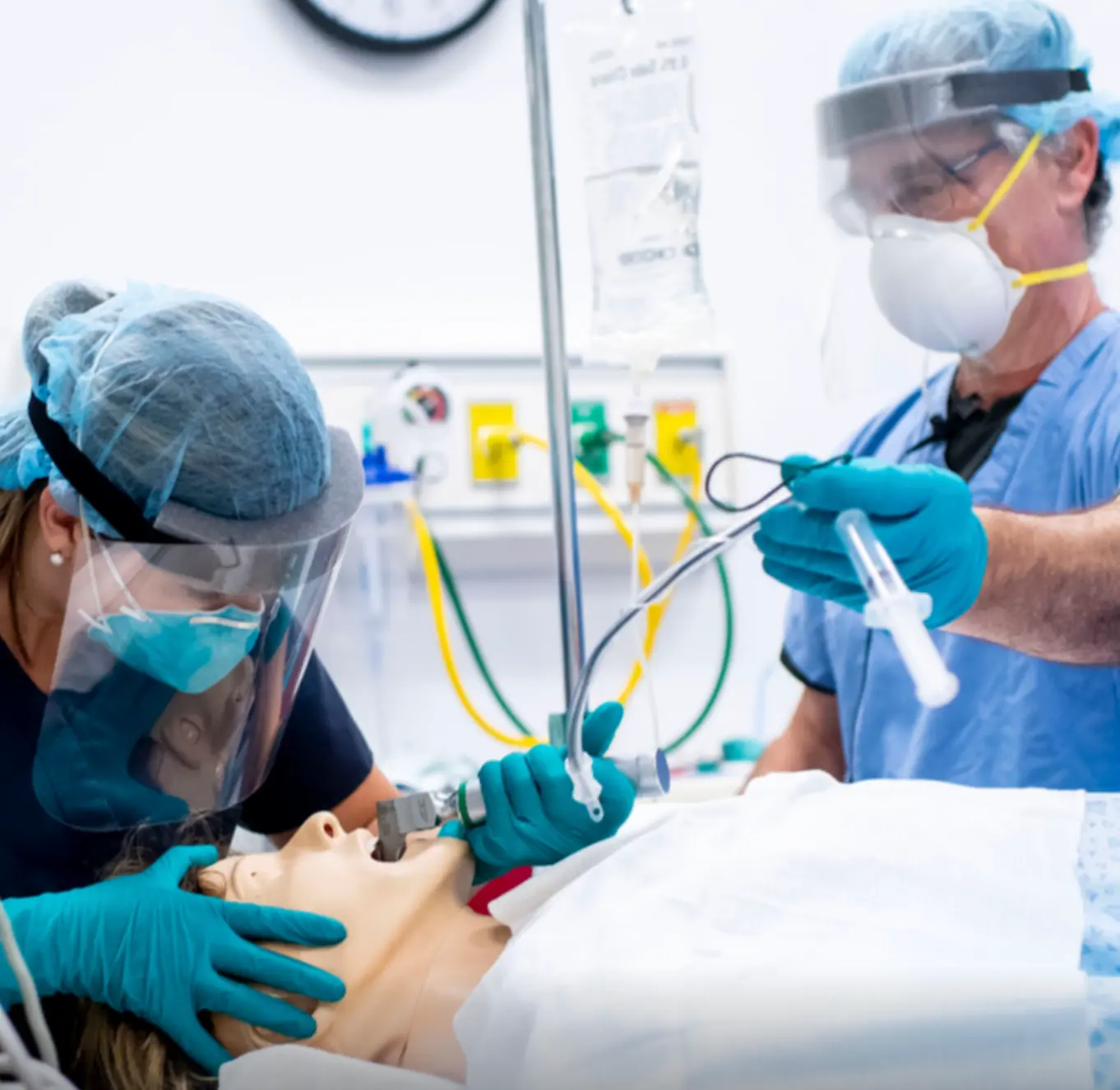
Sample curriculum, subject to change.
The chart below describes a sequence of courses as taught in the recent past. This chart is not a planning document for what course will be taught in which semester (spring or fall) in the future. For that information, students should consult with their academic advisor or see the university course catalog.
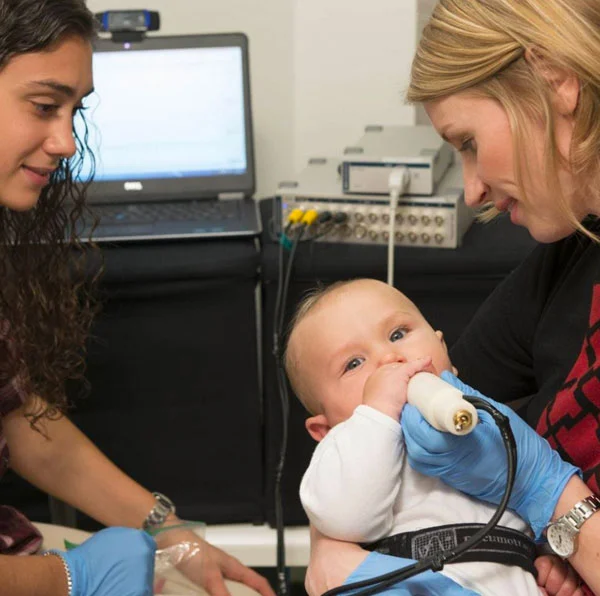
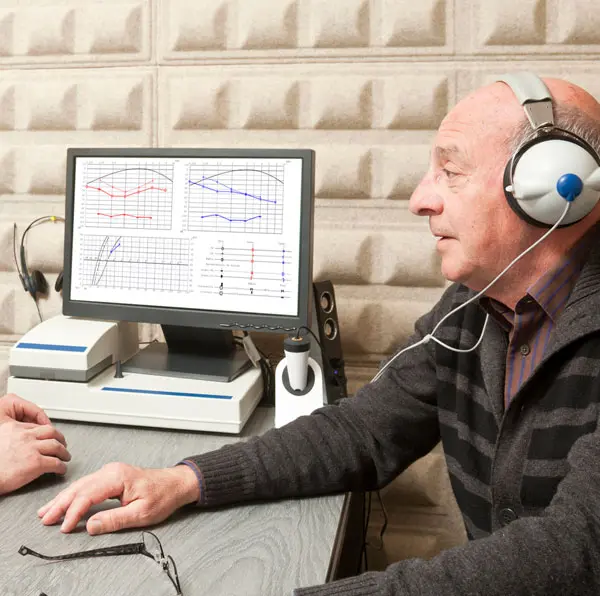

Learning extends beyond the classroom at Northeastern. Providing students with opportunities for experiential education linking coursework with the real world is central to the mission both of the University and the Bouvé College of Health Sciences.
Our broad mix of experience-based programs — including co-op, student research, service learning, and global learning — build the connections that enable Bouvé students to transform their lives and gives them valuable opportunities to practice their profession as members of a healthcare team.
Students will be exposed to a wide variety of communication disorders through observations and participation in activities and at the Northeastern University Speech-Language and Hearing Center. Externship in schools, hospitals, or other relevant settings will also broaden students’ exposure and prepare them for graduate study or employment.
Sarah Young-Hong
Undergraduate Program Director
617-373-3046